Summaries of books about Racial Studies:

Jews Don’t Count
A Times Book of the Year 2021
David Baddiel
The book explores the often overlooked forms of antisemitism in contemporary society, particularly within progressive circles that pride themselves on inclusivity. It argues that Jews are frequently left out of the conversation on racism and identity politics, despite facing significant discrimination and prejudice.
See full summary
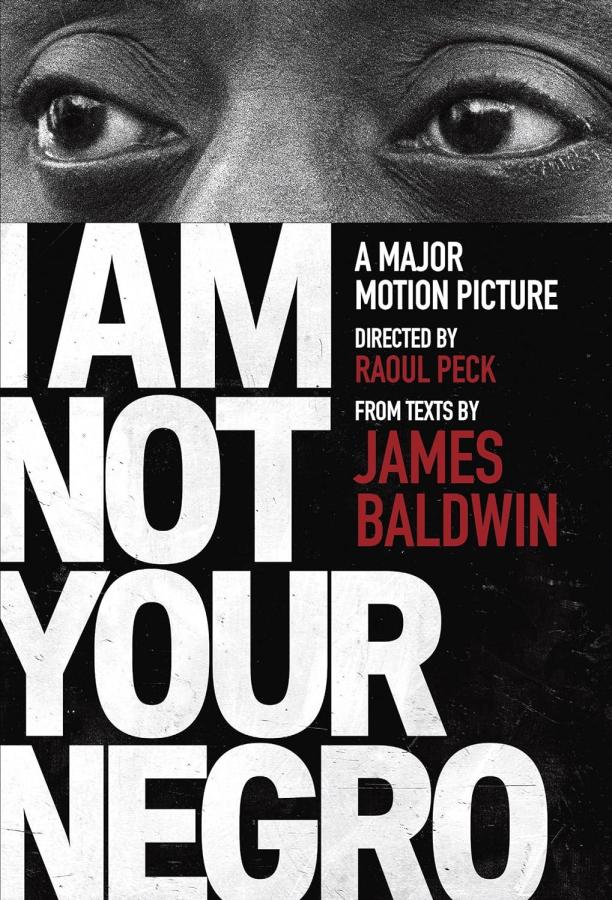
I Am Not Your Negro
A Companion Edition to the Documentary Film Directed by Raoul Peck
James Baldwin|Raoul Peck
The book is a collection of James Baldwin's notes, letters, and unfinished manuscript for "Remember This House," a project that aimed to recount the lives and assassinations of his friends Medgar Evers, Malcolm X, and Martin Luther King Jr. It also includes reflections on race, identity, and history, serving as a narrative base for the documentary film that explores the black experience in America through Baldwin's perspective.
See full summary
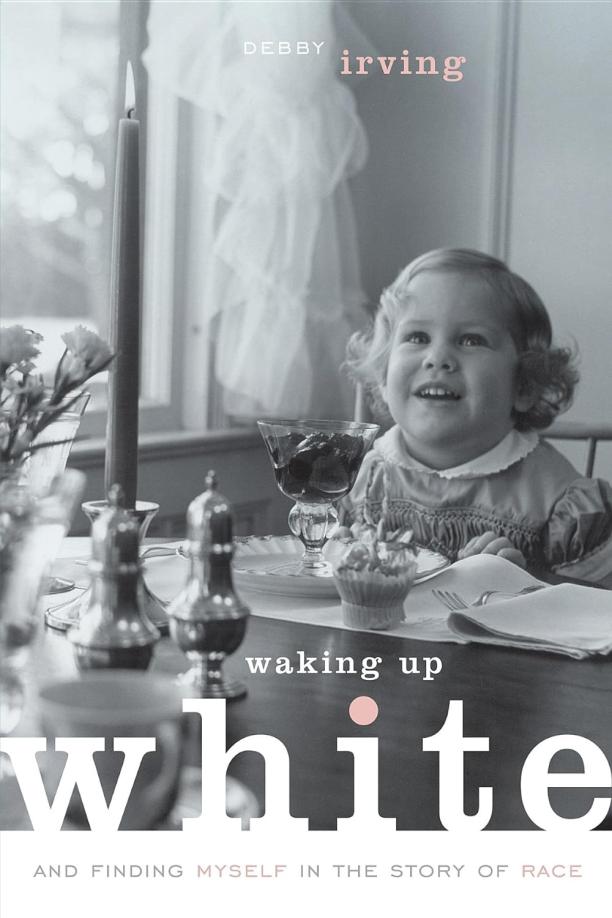
Waking Up White
and Finding Myself in the Story of Race
Debby Irving
The book is a personal account of the author's journey to understand her own white privilege and the systemic racism that pervades American society. It explores her awakening to the realities of racial inequalities and her efforts to confront her own biases and complicity in perpetuating racial injustice.
See full summary
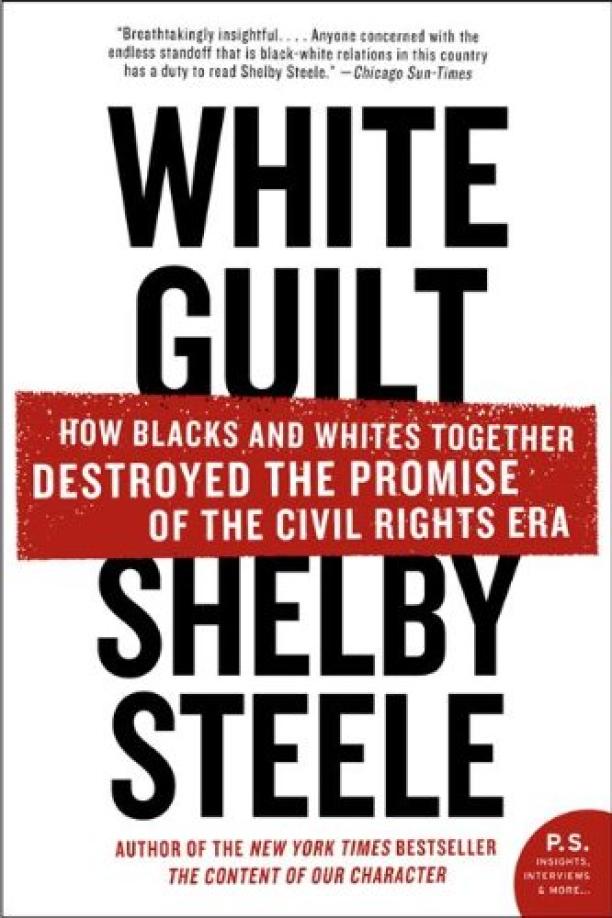
White Guilt
How Blacks and Whites Together Destroyed the Promise of the Civil Rights Era
Shelby Steele
The book argues that America's efforts to rectify past racial injustices have been undermined by a pervasive sense of white guilt, which has led to counterproductive policies and a decline in personal responsibility among African Americans. It critiques the civil rights establishment and affirmative action, suggesting that these have fostered a culture of dependency and a victim mentality rather than true empowerment.
See full summary
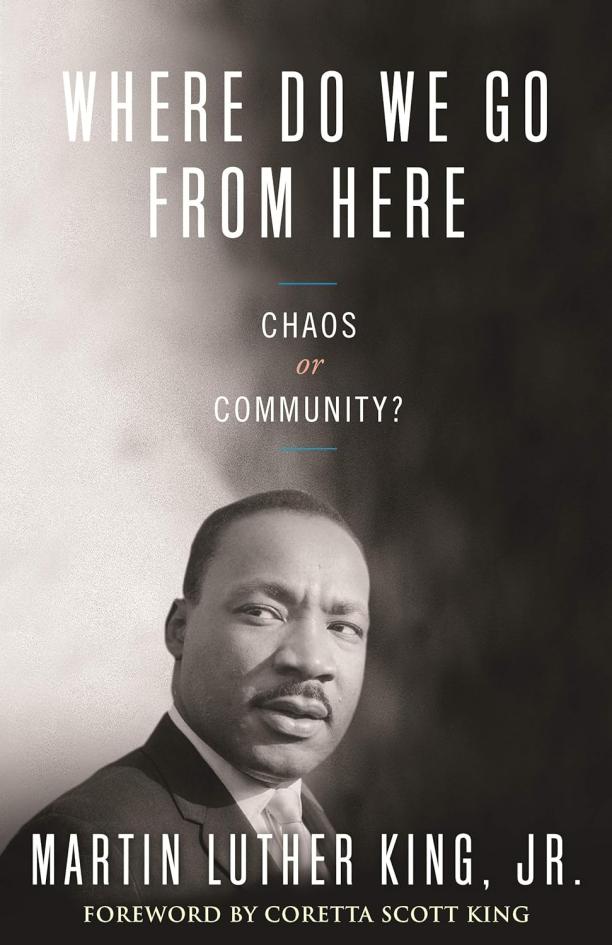
Where Do We Go from Here
Chaos or Community?
Martin Luther King Jr
The book presents Martin Luther King Jr.'s reflections on the state of American race relations and the movement after the Civil Rights Act of 1964. It outlines his vision for the future, including the need for economic equality and global human rights, while advocating for nonviolent protest as the most effective means of achieving social change.
See full summary
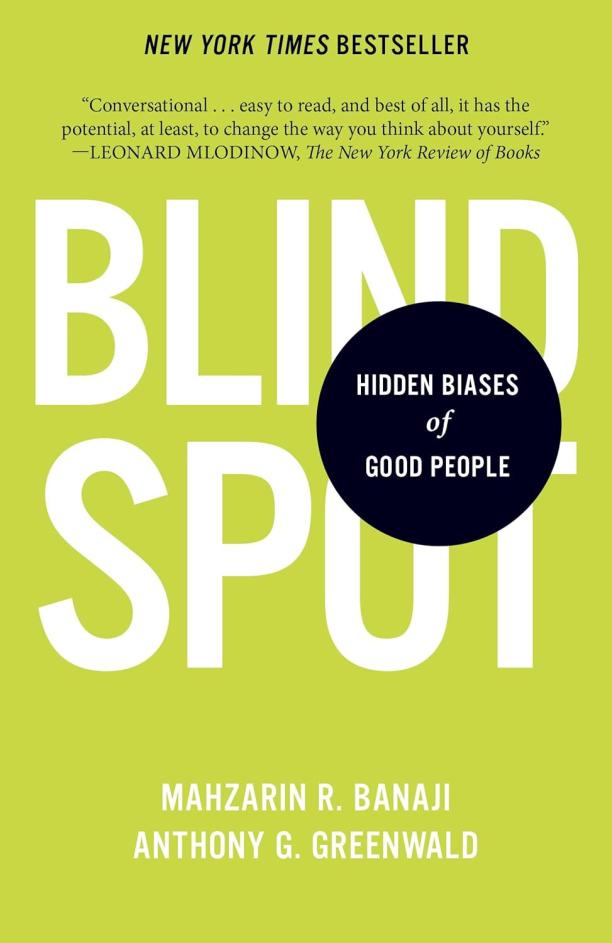
Blindspot
Hidden Biases of Good People
Mahzarin R. Banaji|Anthony G. Greenwald
The book explores the concept of implicit biases, the unconscious attitudes and stereotypes that affect our understanding, actions, and decisions. It delves into the science behind these biases, how they influence behavior, and provides insight into recognizing and mitigating their impact in our daily lives.
See full summary
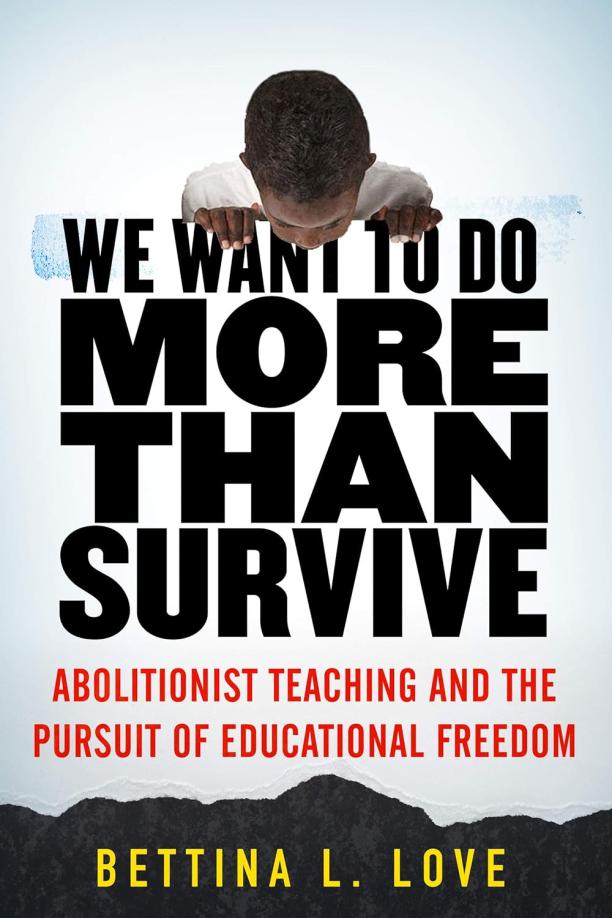
We Want to Do More Than Survive
Abolitionist Teaching and the Pursuit of Educational Freedom
Bettina L. Love
The book advocates for an educational reform that draws on the imagination, creativity, and the spirit of resistance embodied in the abolitionist movement, proposing a new approach to teaching that focuses on the liberation and well-being of Black and Brown children. It critiques the current oppressive education system and offers actionable strategies for educators to inspire and enact change in their classrooms and communities.
See full summary
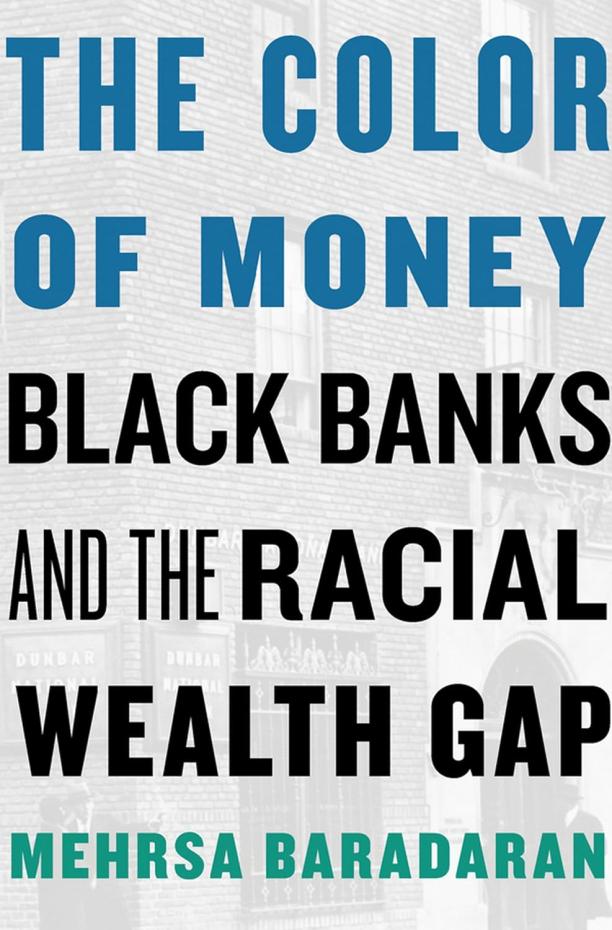
The Color of Money
Black Banks and the Racial Wealth Gap
Mehrsa Baradaran
The book examines the history of black banking in the United States and its impact on the racial wealth gap, arguing that these institutions have been unable to overcome the systemic barriers faced by African Americans. It explores the interplay between government policies, economic practices, and institutional racism that have perpetuated inequality and hindered the economic progress of the black community.
See full summary
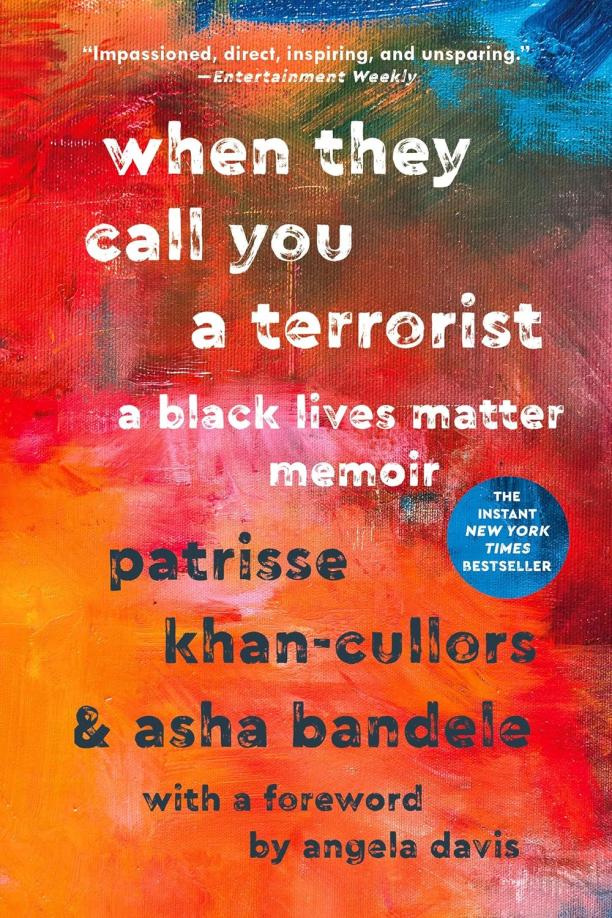
When They Call You a Terrorist
A Black Lives Matter Memoir
Patrisse Cullors|asha bandele
The book is a memoir that recounts the life of one of the co-founders of the Black Lives Matter movement, detailing her experiences with prejudice, poverty, and police brutality that led to her activism. It also explores the growth and impact of the movement, framing it within the broader context of racial justice in America.
See full summary
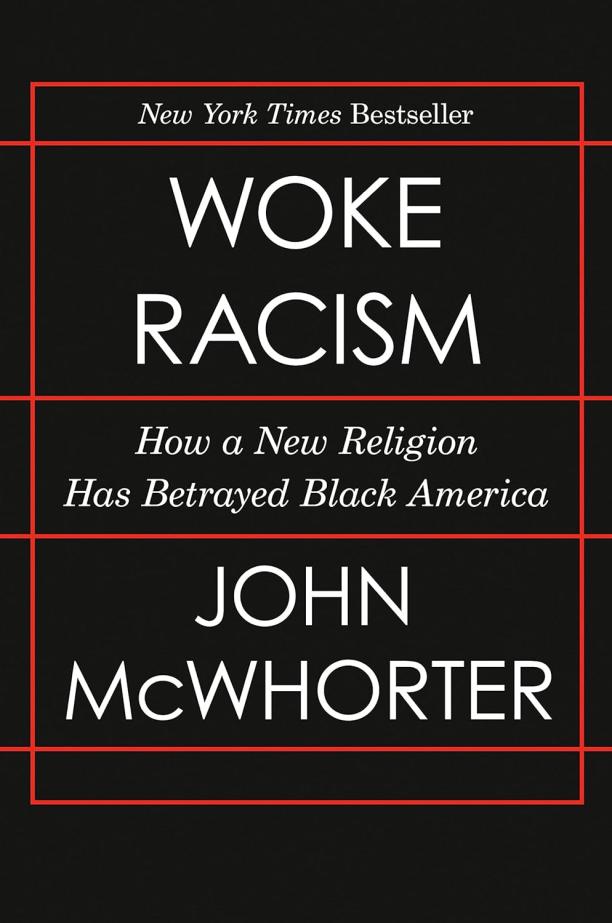
Woke Racism
How a New Religion Has Betrayed Black America
John McWhorter
The book argues that contemporary antiracism has evolved into a counterproductive and dogmatic belief system akin to a religion, which often harms the very communities it aims to support. It critiques the ways in which this ideology can stifle debate, infantilize Black people, and divert attention from practical solutions to racial inequality.
See full summary